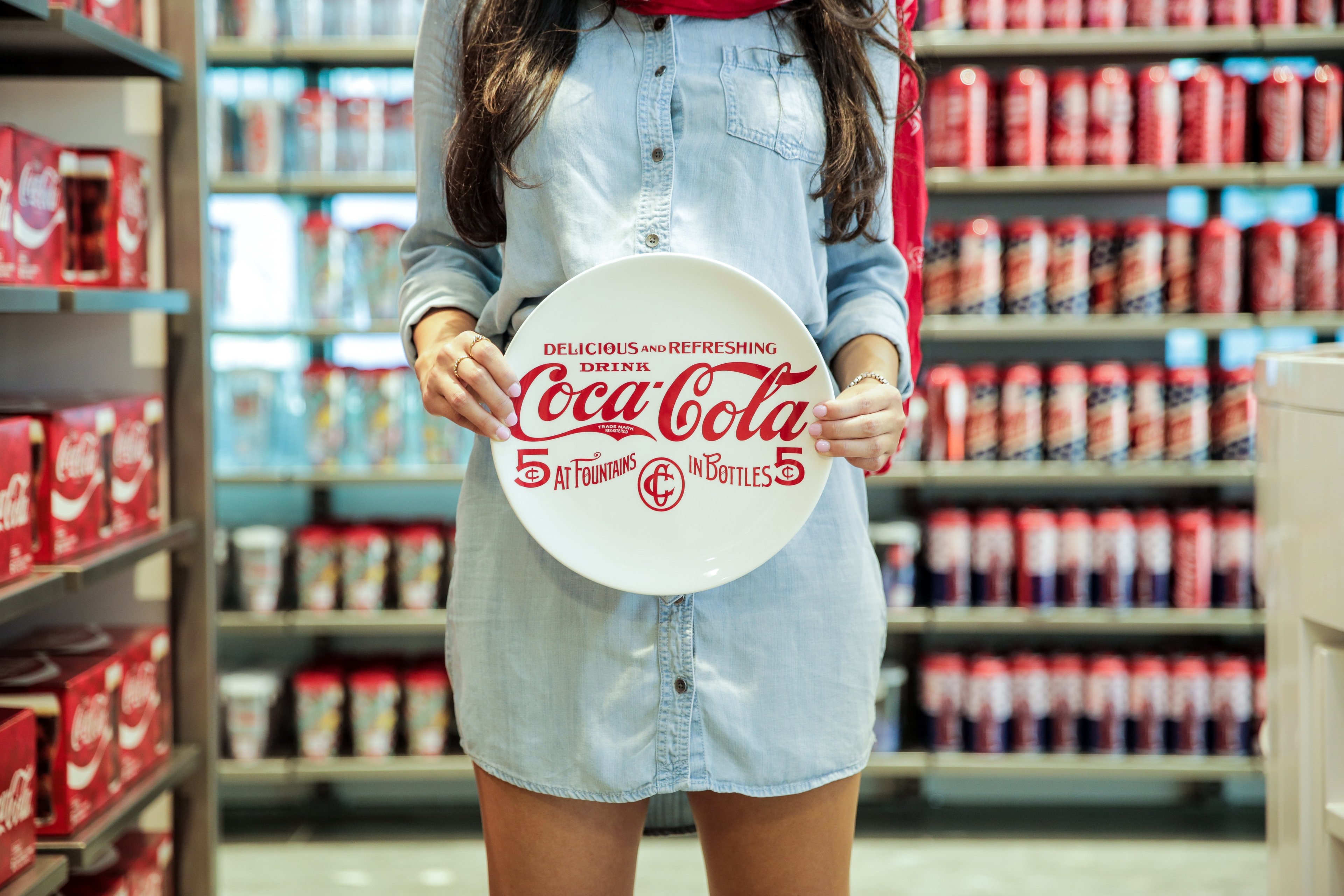Image source: Altria.
When Anheuser-Busch InBev (BUD +1.07%) announced that it would seek to buy rival beer-maker SABMiller, tobacco giant Altria Group (MO 0.69%) found itself in the middle of one of the largest mergers of all time. With its 27% stake in SABMiller, Altria needed to figure out the best way to maximize the value of the merger offer while still accomplishing its strategic goals of keeping a foothold in the beer industry. Eventually, the two companies agreed to a structure that Altria initially expected would give it a 10% to 11% stake in Anheuser-Busch, but as it turned out, the ownership interest that Altria ended up with was noticeably smaller at 9.6%. Let's look more closely at why the disparity existed and what it says about the nature of the overall deal.
The original structure
When Anheuser-Busch first started courting SABMiller, most investors focused on the all-cash offer for the beer maker. Back in November 2015, Anheuser-Busch offered 44 British pounds per SABMiller share. Less publicized was what Anheuser-Busch called the Partial Share Alternative, which at the time allowed investors to choose instead to receive about 3.78 British pounds as well as just less than 0.484 restricted shares of Anheuser-Busch for each SABMiller share. At the time, the Partial Share Alternative was worth only 41.85 British pounds, and so most of those following the stock assumed that no ordinary shareholders would accept the offer. Nevertheless, Anheuser-Busch built in a maximum number of shares eligible for the Partial Share Alternative, in order to limit the amount of new stock it would have to issue in the merger.
The Partial Share Alternative was appealing to Altria because it was structured to avoid generating capital gains tax on the sale as well as allowing Altria to retain a substantial stake in the post-merger beer giant. Based on the idea that only Altria and fellow major shareholder BEVCO would accept the Partial Share Alternative, the tobacco giant expected to end up with a roughly 10.5% stake in Anheuser-Busch.
Brexit and the British pound's collapse
However, by the time the merger received approvals from various regulatory agencies around the world, the economics of the two choices had changed. After the U.K. Brexit vote to leave the European Union, the British pound fell sharply, cutting the effective value of the cash offer in foreign-currency terms. To appease SABMiller shareholders, Anheuser-Busch boosted its cash offer to 45 British pounds per share, and the Partial Share Alternative got a cash boost to almost 4.66 British pounds, along with the same number of restricted shares.
However, the rising price of Anheuser-Busch shares made the Partial Share Alternative look more attractive. In late July 2016, Anheuser-Busch said that the Partial Share Alternative was worth 51.14 British pounds per share -- well above the 45 British pound cash offer.
Of course, the downside for regular investors was that they had to accept restricted Anheuser-Busch shares. These shares would not trade on a public stock exchange, and they would be subject to transfer restrictions until the fifth anniversary of the closing of the deal. At that time, shareholders will be able to convert their restricted stock into ordinary shares of Anheuser-Busch. The inability to make trades before the five-year period ended would give some investors a reason to accept the cash offer, even though it was worth less than the Partial Share Alternative.
The results
In the final tally, Anheuser-Busch said that enough ordinary shareholders had voted to take the Partial Share Alternative that it was oversubscribed, exceeding the maximum total number of shares eligible. As a result, the number of shares of restricted stock received by those making the Partial Share Alternative election was scaled down by just over 11%. That explains the smaller stake that Altria received, as well as the additional cash the tobacco giant got in lieu of those shares.
For Altria, the shortfall in Anheuser-Busch shares didn't have a huge impact. Altria still got two seats on the beer giant's board of directors, and it will still have a respectable economic interest in Anheuser-Busch going forward. Now, it's up to Anheuser-Busch to make sure that it can live up to Altria's expectations by producing even better profits than SABMiller did.







